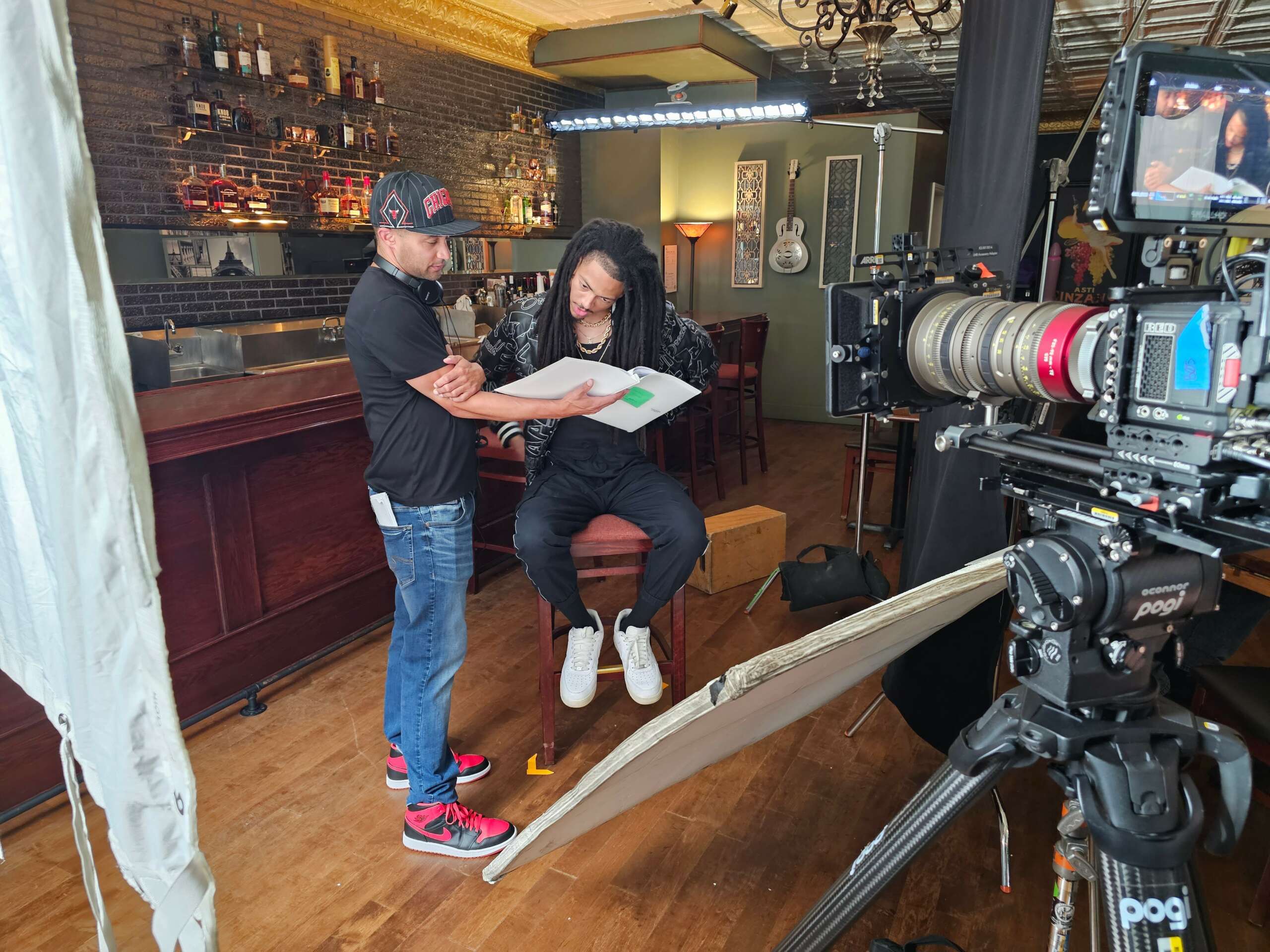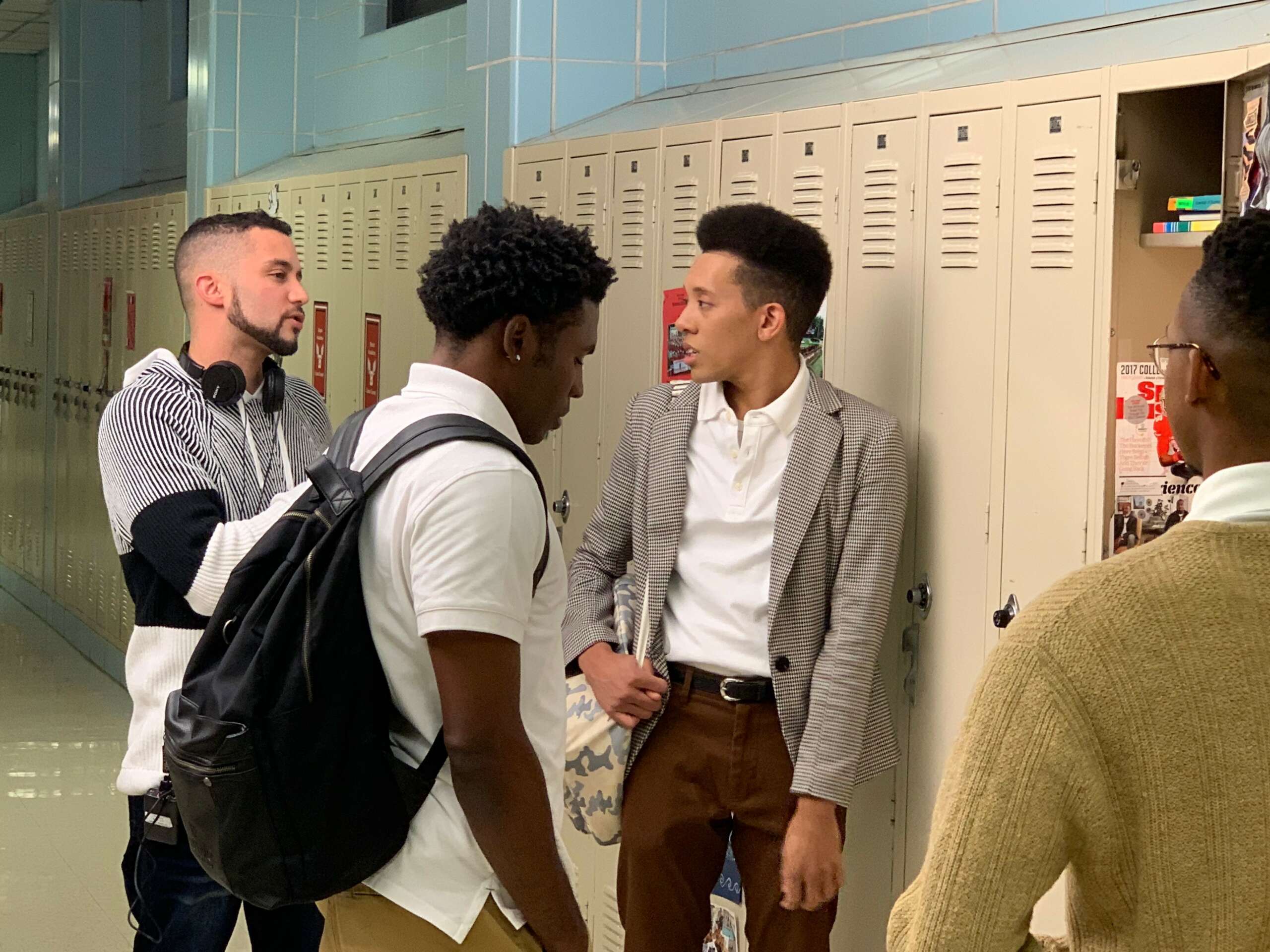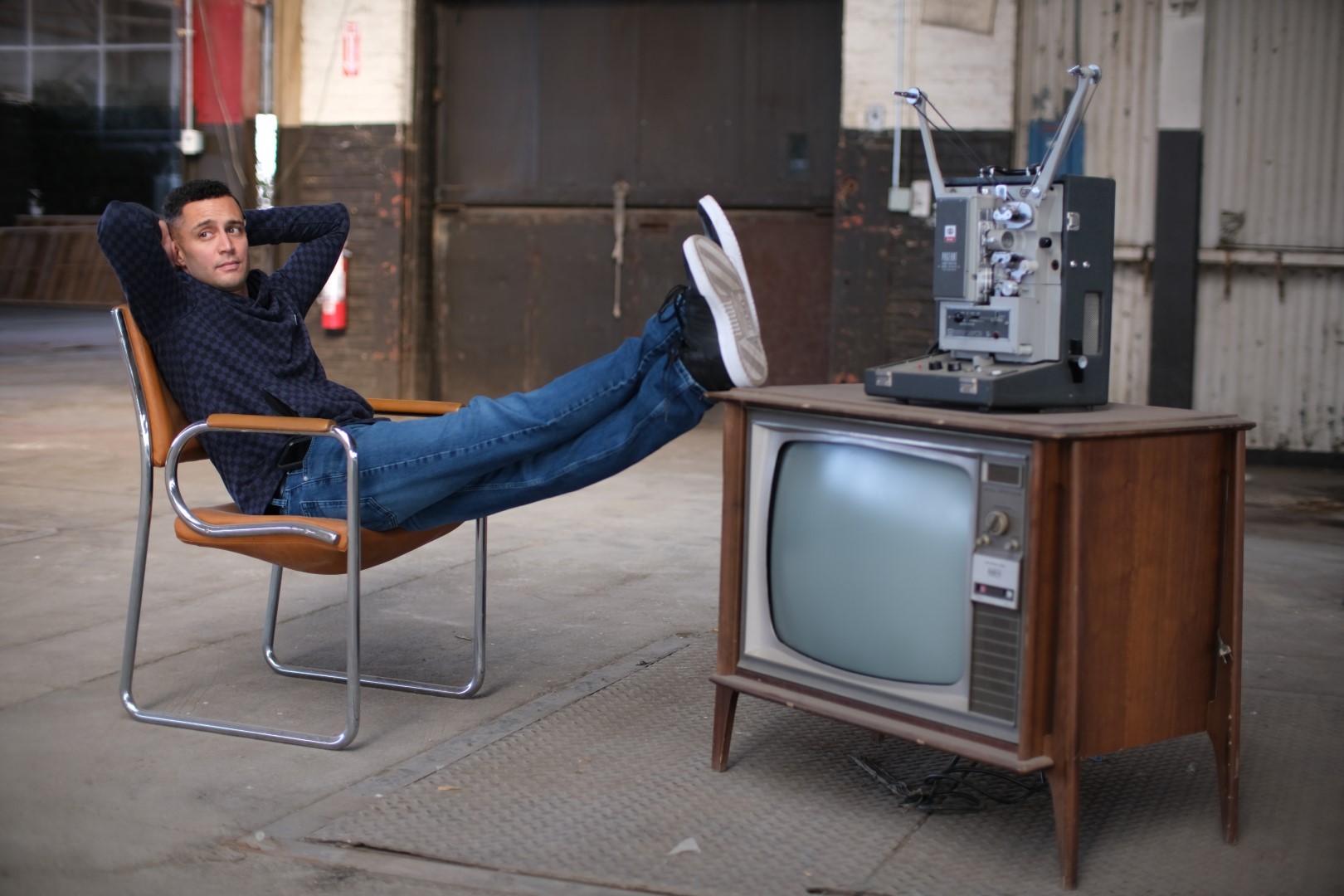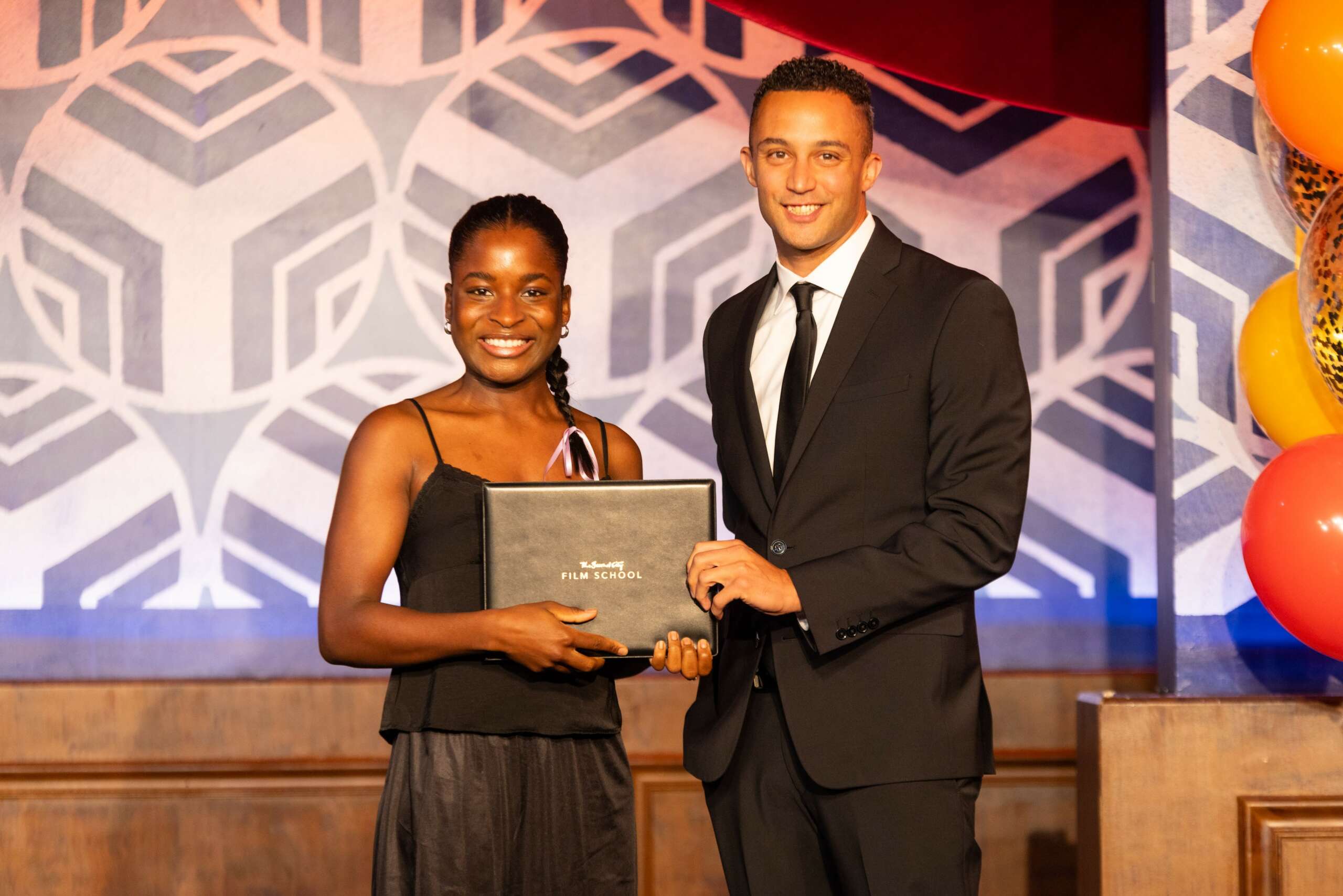We’re excited to introduce you to the always interesting and insightful Patrick Wimp. We hope you’ll enjoy our conversation with Patrick below.
Hi Patrick, thanks for joining us today. Did you always know you wanted to pursue a creative or artistic career? When did you first know?
It took me quite awhile to understand that pursuing a creative career was an actual option for my life. I engaged in a lot of creative activity from a very young age–always drawing, writing stories, poems, and journals–but those outlets really just lived as hobbies or things I did in my spare time.
The first time I started to think about what went under the hood of my favorite movies was my junior year of high school. I took a class simply titled “Cinema”–which was one of the only even moderately art related classes in my college prep high school–and the gears started to turn. We studied classic films going all the way back to the 1940’s, and it was the first time where I started to understand the level of creative choice that went into a movie. That if there’s a pair of sneakers in the back ground of a shot, somebody chose those specific shoes for a very specific reason. After that class my film literacy exploded and I was just constantly consuming notable films and film franchises. Eventually, I started write about movies and music and culture for the school newspaper in college. But even still, for whatever reason it didn’t click for me that I could write and create to make a living.
As I got to my senior year of undergrad, I was close to completing a Business degree, and I picked up screenwriting as one of my creative outlets. Once I found that format, I was hooked. I started writing a bunch of (really bad) screenplays but I had the bug. I had to figure out how to make these stories that had been living in my head come to life. So, having just completed my four year collegiate journey, I decided to start a brand new one and applied to graduate school at DePaul University in Chicago. I joined DePaul’s inaugural MFA in Digital Cinema class–a program focused on bringing your stories to life ‘by any means necessary’–and haven’t looked back since.

Patrick, love having you share your insights with us. Before we ask you more questions, maybe you can take a moment to introduce yourself to our readers who might have missed our earlier conversations?
I am a biracial, black American writer, director, and producer from Chicago. In my film and TV career, I’m focused on telling diverse and unique visual stories. I have created all kinds of work and content, from full series of television, to independent films, to commercials and music videos for world class brands and artists.
Recently, I sold an original web series, “Brothers from the Suburbs” to Warner Bros TV, and got hired to write an TV pilot version of that show for HBOMax. I’ve shot music videos for Chance the Rapper and Jennifer Hudson, concert docs for Run the Jewels and Billie Eilish, and had short and feature films win awards at festivals all over the world. I was listed as #7 on NewCity’s Chicago Film 50 in 2021, and named to Austin Film Festival’s 25 Screenwriters to Watch in 2020.
From my earliest projects I’ve held myself to a very high standard of visual quality, but I think what sets me apart as a creator is my ability to connect with people. I love collaborating, building relationships, and sharing creative talents to elevate the work. I try to focus on empathy–which I think is core to creating characters and telling good stories, but also helps build meaningful relationships–in every aspect of my work.
I am proud of the journey that my work has taken me on. I’ve had the opportunity to travel the world telling stories. Most importantly, my path as a filmmaker has been fundamental to my growth as a person. It has given me confidence, a sense of identity, and help me connect with amazing and talented people.

Can you tell us about a time you’ve had to pivot?
In around 2014, I was roughly three-years into running my production company and we were starting to get a consistent volume of work in commercials, corporate videos, and the occasional music video. I was making a little bit of money, but I was starting to realize that if I continued to strictly grow on that path, I would go further and further away from my career goal of narrative filmmaking. So I made a choice to make a big push into the fictional storytelling space.
To pivot, I wrote, shot, and produced three different feature films in the same calendar year. All of this work was unpaid, but it wasn’t about money. It was a conscious choice to make sure that I stayed true to my artistic goals and it ended up paying off. The scripts I wrote during that time led to the next steps in my writing career–yielding multiple paid projects that would eventually find funding and get made. One of films I shot during that period had a massive festival run that gave me a ton of confidence as a creative, and opened up new outlets for creative work.
Once I made this pivot, my career and income pivoted along with me. From that time on the bulk of my creative income has come from my work as a storyteller and narrative independent filmmaker, so I’m very thankful I took that risk and it paid off.

Is there something you think non-creatives will struggle to understand about your journey as a creative? Maybe you can provide some insight – you never know who might benefit from the enlightenment.
I think that non-creatives often don’t fully understand the amount of effort creative professionals have to put in to get things made and make a living. In the case of independent film and TV, not only do we have to come up with a great idea or story, we have to functionally start a small business every single time a new project comes to life. That means finding funding, investors, partners…managing personnel, overseeing the creation of a highly speculative exceptional product through a process that is imprecise by nature. Then once you have that product you have to find someone to buy it, or at the very least exhibit it but probably both, and success on one project does not guarantee success or even an opportunity for the next.
This isn’t me complaining. I chose this path knowing that there are easier ways to make money. But I do think, because we do things that we love, and functionally “make things up” for a living, there is this false impression that it comes easy. All of it is hard and it takes a tremendous amount of sacrifice and dedication to find even a modicum of success.

Contact Info:
- Website: patrickwimp.com
- Instagram: @wimpjuice
- Linkedin: linkedin.com/in/pwimp
- Other: vimeo.com/digitalhydra
Image Credits
Albert A. Jarrett, Timothy Schmidt


